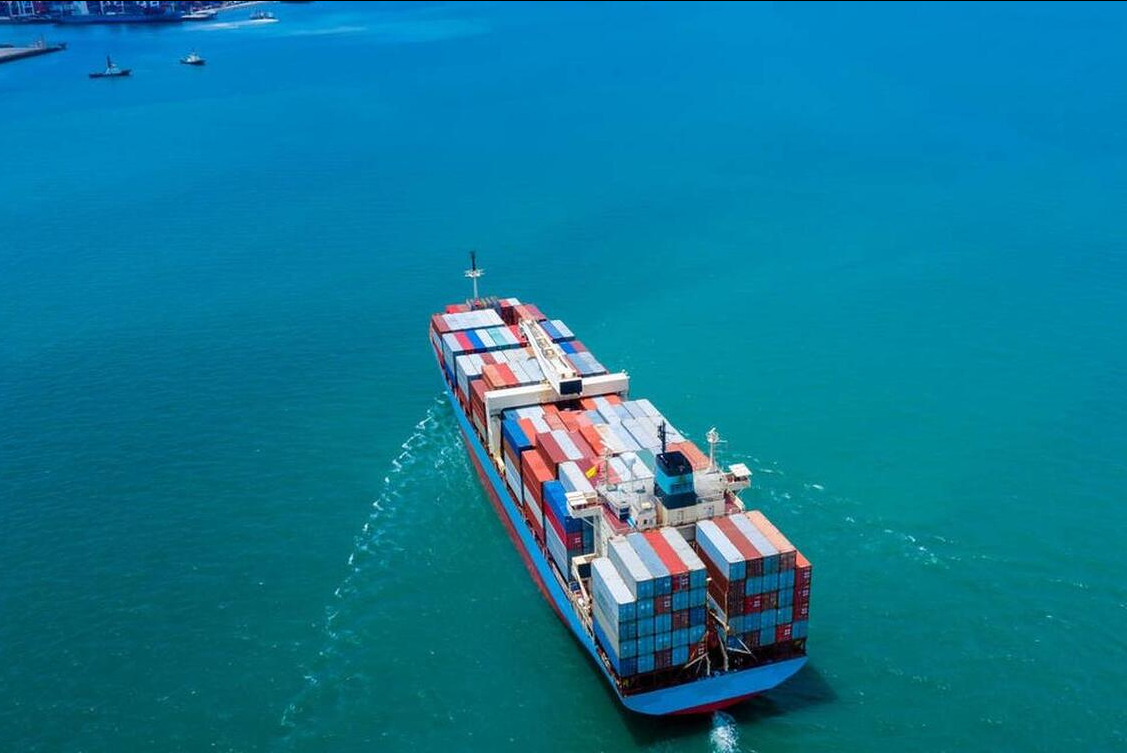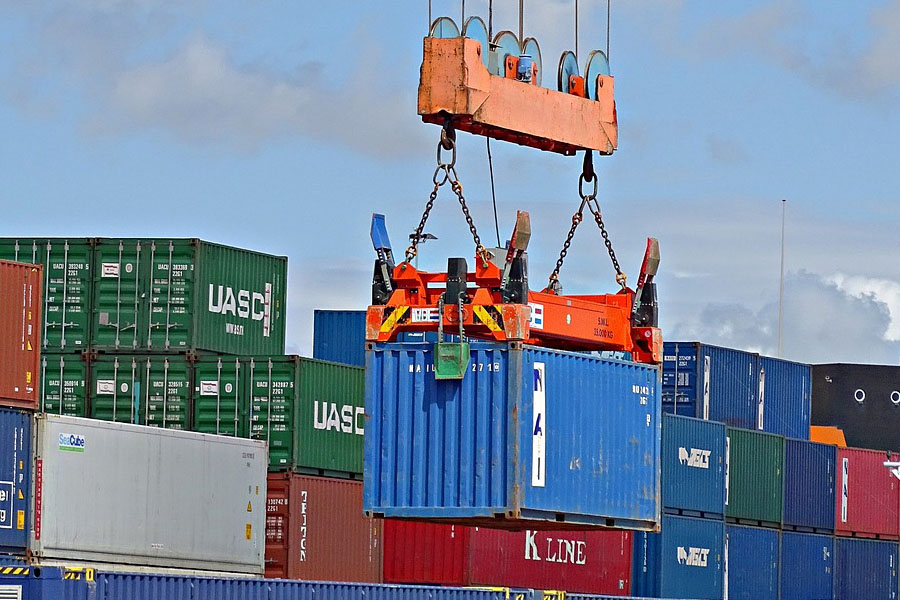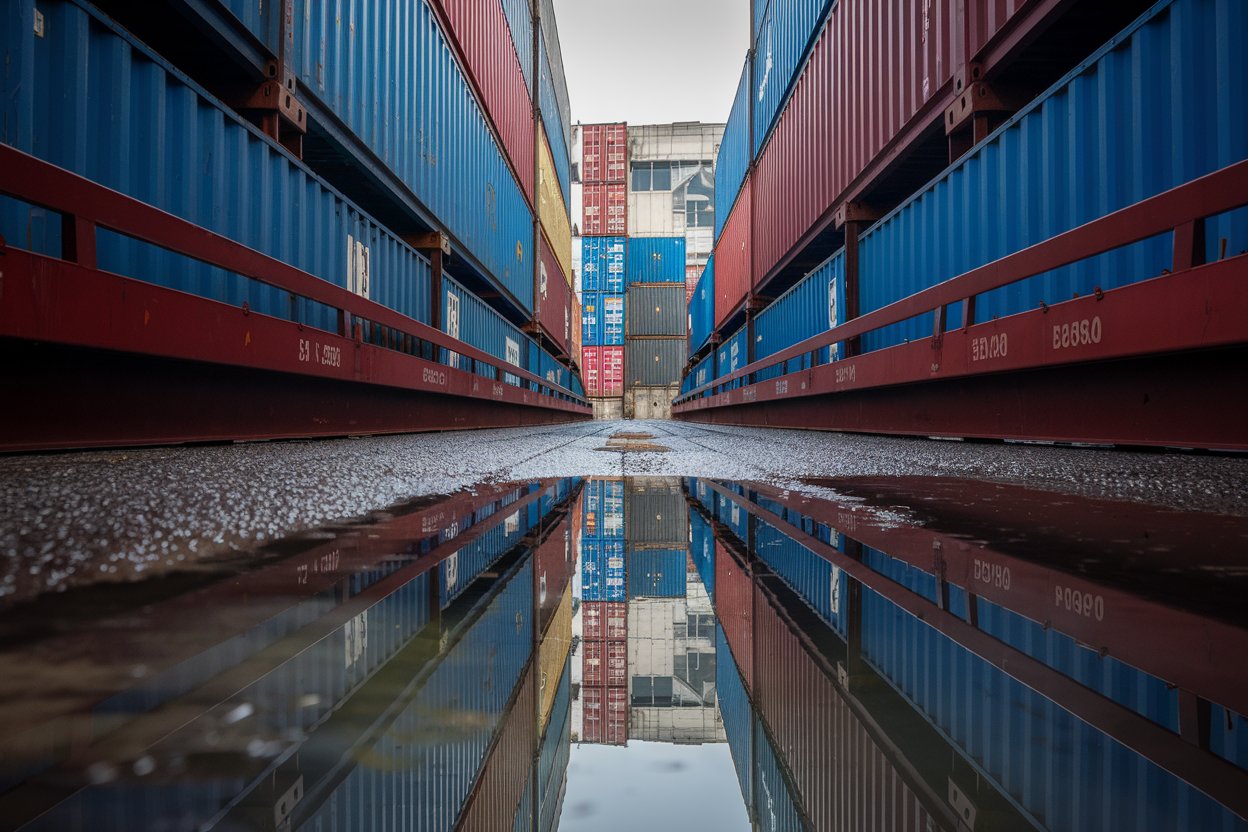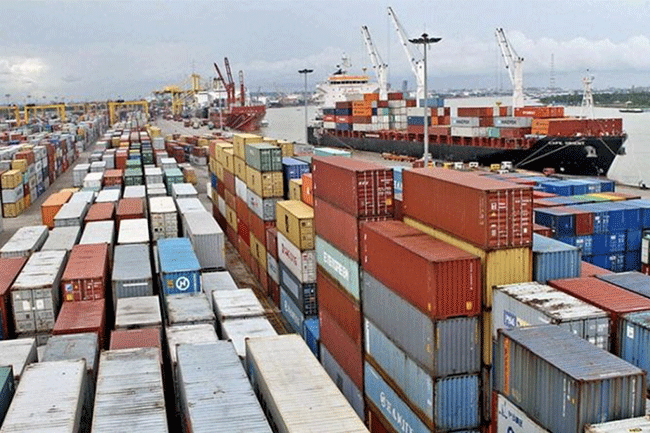- Shanghai Zhongshen International Trade Co., Ltd. - Two decades of trade agency expertise.
- Service Hotline: 139 1787 2118
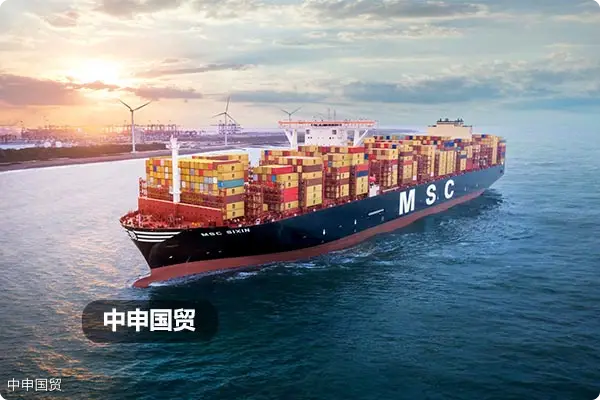
Challenges in Component Imports Amid the Restructuring of the Global Medical Supply Chain
The global medical device market size is projected to exceed $650 billion by 2025, with China accounting for 37% as the largest component importer. The import business of core components such as precision sensors and biocompatible materials exhibits two key characteristics:Regulatory efforts continue to intensify.AndThe customs clearance time requirement is stringent.. Importing enterprises must not only cope with the upgrades of certification systems such as FDA and CE but also balance supply chain stability with compliance costs.
Triple Access Control for Medical Components
Unlike ordinary industrial products, the import of medical components faces a multi-dimensional regulatory system:
- Product Qualification Certification
- New EU MDR Regulation: Metal Implants Must Submit Biodegradation Data
- U.S. FDA 510(k) Change: AI Components Require Algorithm Validation Report
- Japan PMDA: Localized Clinical Trial Sample Size Requirements Increased by 40%
- Production System Review
- ISO 13485:2025 adds new requirements for cybersecurity management systems.
- Sterile components must undergo mandatory certification for Grade A+B cleanroom environments.
- Special logistics control
- Temperature-sensitive material full-process cold chain data traceability
- The filing time limit for the transportation of radioactive components has been shortened to 72 hours.
The Golden 72-Hour Rule for Customs Clearance Strategy
Based on the 2025 General Administration of Customs guidelines for the clearance of medical supplies, it is recommended to adopt a three-dimensional clearance model:
- Pre-classification declaration: The HS code error for precision optical components must be controlled within 0.3%.
- Bonded warehousing buffer: Utilize special supervision zones to complete clinical validation
- Express Entry Application: Category IIIMedical EquipmentInspection time can be reduced by 50%.
The 4M Evaluation System for Selecting Agency Service Providers
High-quality proxy service providers should meet the following requirements:
- Medical Expertise
- Capable of preparing clinical evaluation reports.
- Familiar with the MDSAP (Medical Device Single Audit Program) multinational audit process.
- Management System (Management System)
- ERP system integration with drug regulatory data platform
- Deviation handling response time < 2 hours.
- Market Network
- Establish emergency customs clearance channels at major ports
- FDA registration agent qualification covers all 50 states.
- Money Control (Cost Control)
- The average savings from the tariff planning solution is 12-15%.
- The port congestion risk compensation mechanism covers 90% of scenarios.
Against the backdrop of accelerating globalization in the biomedical industry, the import of medical components has evolved into a systematic engineering project. Enterprises need to establish a comprehensive system that includesRegulatory alerts, resilient supply chain, emergency contingency plansThe three-dimensional management system achieves a precise balance between technical compliance and commercial benefits through professional agency services.
Related Recommendations
Category case
Get in Touch
Email: service@sh-zhongshen.com
Related Recommendations
Contact via WeChat

? 2025. All Rights Reserved. Shanghai ICP No. 2023007705-2  PSB Record: Shanghai No.31011502009912
PSB Record: Shanghai No.31011502009912
